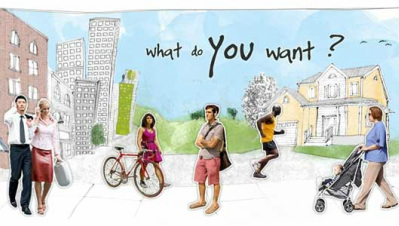
A newly self-proclaimed environmentalist who could no longer avoid pointing the finger at himself, Colin leaves behind his liberal complacency and vows to make as little environmental impact as possible for one year. No more automated transportation, no more electricity, no more non-local food, no more material consumption…no problem. That is, until his espresso-guzzling, retail-worshipping wife, Michelle, and their two year-old daughter are dragged into the fray. What began as one man’s environmental experiment quickly becomes an experiment in how much one woman is willing to sacrifice for her husband’s dreams.
I haven't yet seen the film, but today I just learned of the No Impact Week Project, described by the original No Impact Man Colin Beavan as a one-week carbon cleanse - a time to explore what a difference no (or lower) impact living can make for your quality of life. The week-long experiment is co-sponsored by Yes! Magazine and is free. So I registered for this and... IT STARTS TOMORROW! SEPTEMBER 18 - YIKES!
When I registered, I was immediately sent a guide, which I have posted on the Resources page. Below is Sunday's challenge - check out the guide if you are interested in details and helpful links:
Welcome to Day 1 of your No Impact Experiment!
Live a fuller and happier life by buying less stuff.
This first challenge is about doing more with less. People around the world are discovering that they'd rather spend time making social connections than buying new stuff. To learn why this is such an important part of living a lower impact life, watch one of our favorite videos, The Story of Stuff. The No Impact Experiment is a truncated version of Colin Beavan’s experience trying to live in New York City with no environmental impact. Three months into Colin’s year-long experiment, he stopped consuming new goods (except food). As his wife Michelle discovered, when you kick your shopping habit, you’ll save money, have more time to spend with your family and friends, discover more space in your house, andmaybe — just maybe — you’ll discover that less really IS more.
[Okay, I just have to say here that I am a tad offended by the sexist tone of these blurbs - but I will try to withhold judgment until I see the movie :) ]
I recognize that it is truly a luxury to undertake such a project - to even think about, "OK, I could buy that but I won't." It is an odd situation to be in, trying to moderate shopping, consuming, wasting, when so many across the world are in no position at all to have anything to moderate. And I am certain that most of our grandparents and great-grandparents would look askance at these efforts to LEARN a style of living that they must have lived by necessity each day. Nevertheless, I think about this stuff a lot and am open to anything that helps me be more aware of my place in this whole environmental mess, anything that helps me look at my habits and maybe tweak them a little. And I am certainly open to these activities when they happen on a larger scale. So I am in for the week (I humbly and hopefully say today), and will let you know how it goes.
I am intrigued by Colin Beavan's work - his personal project and the resulting film. What I am most curious about is the story behind it, which I guess I will learn as I read more and see the film. Who was the little Colin Beavan who eventually grew into a man who would undertake and record such a project? What was his family like, his own childhood? What shaped him toward this future? Where will he go next?
Stories. Last night I attended Stories on the Square at the Square Cafe, sponsored by the Initiative for Transgender Leadership. Pittsburgh Post-Gazette's Tony Norman wrote movingly and humbly about his interview with Rayden Sorock, an ITL member who worked to get this event going. Friday night, several people told stories of emergence, of coming out from under.
Julie just sent me an article entitled "What Do We Know When We Know a Person?" - she is reading this for her Theories of Personality class - saying that she is intrigued by the Level III of personality described by the author. According to McAdams (1995), the psychologist who attends to Level III of an individual's personality is interested not just in a person's behavior or thoughts or feelings, or hobbies and interests. She is curious about how the individual's life expresses unity, purpose, and meaning. The psychologist sees the life as an internalized and evolving life story. A story.
I love this idea - it is what pulled me toward the work that I do.
What is your story?
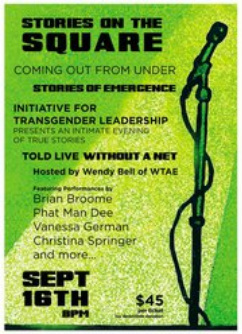

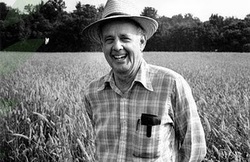
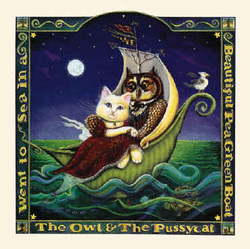
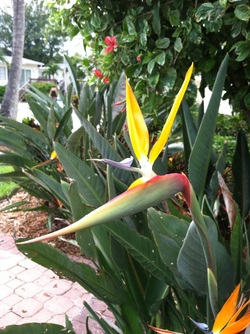
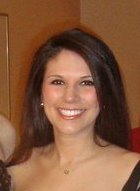
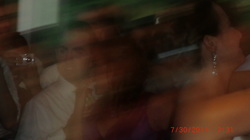
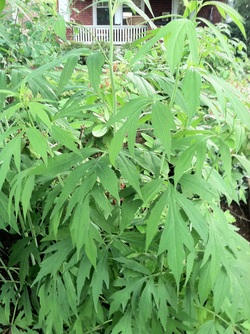
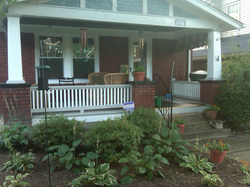
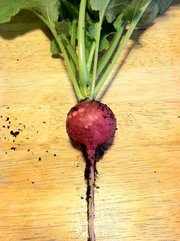
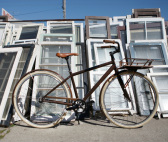
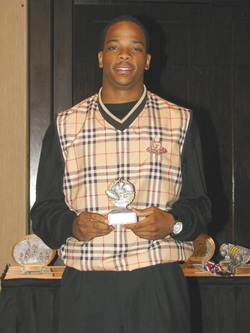
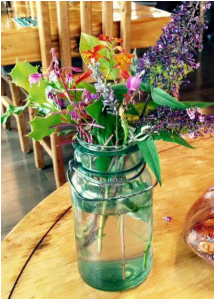

 RSS Feed
RSS Feed
